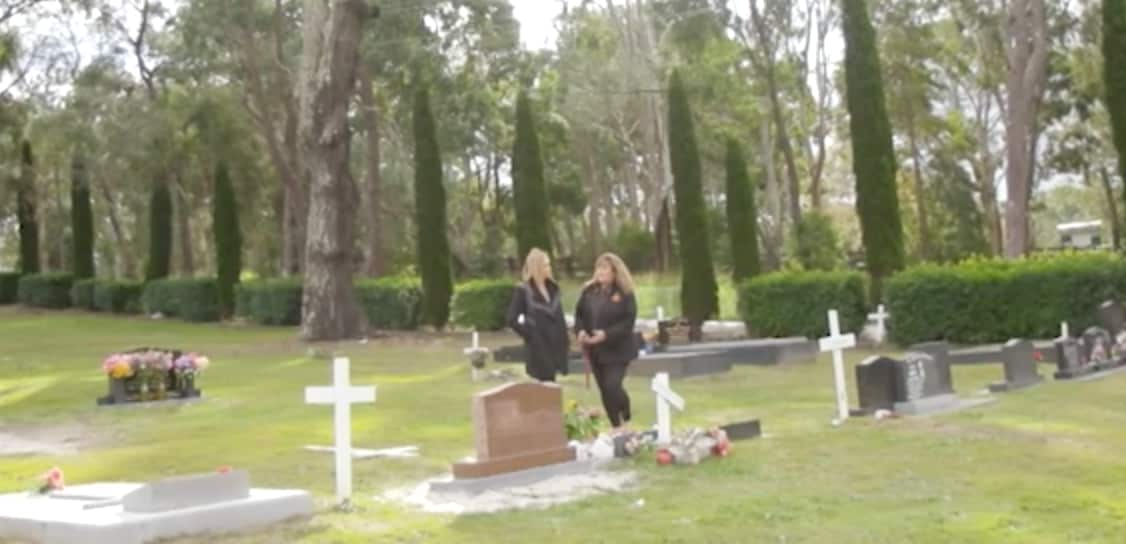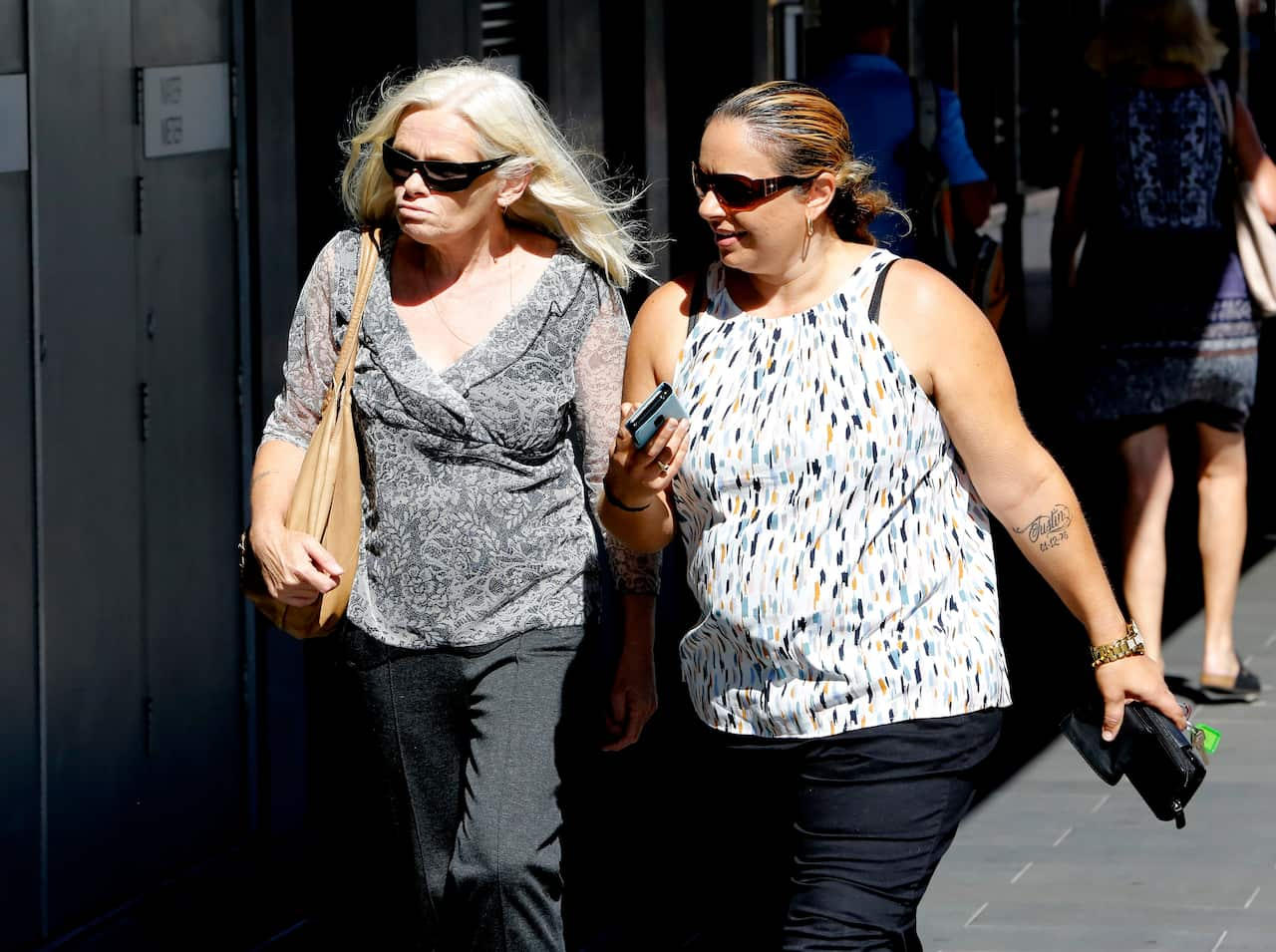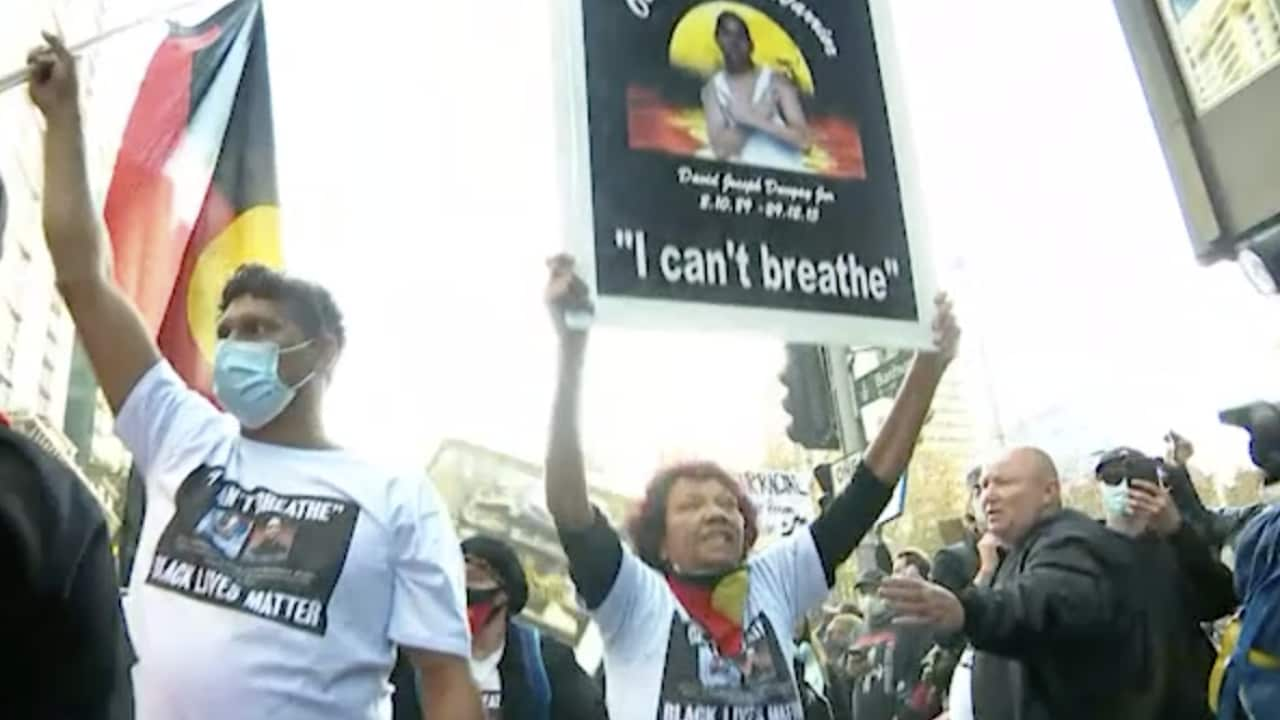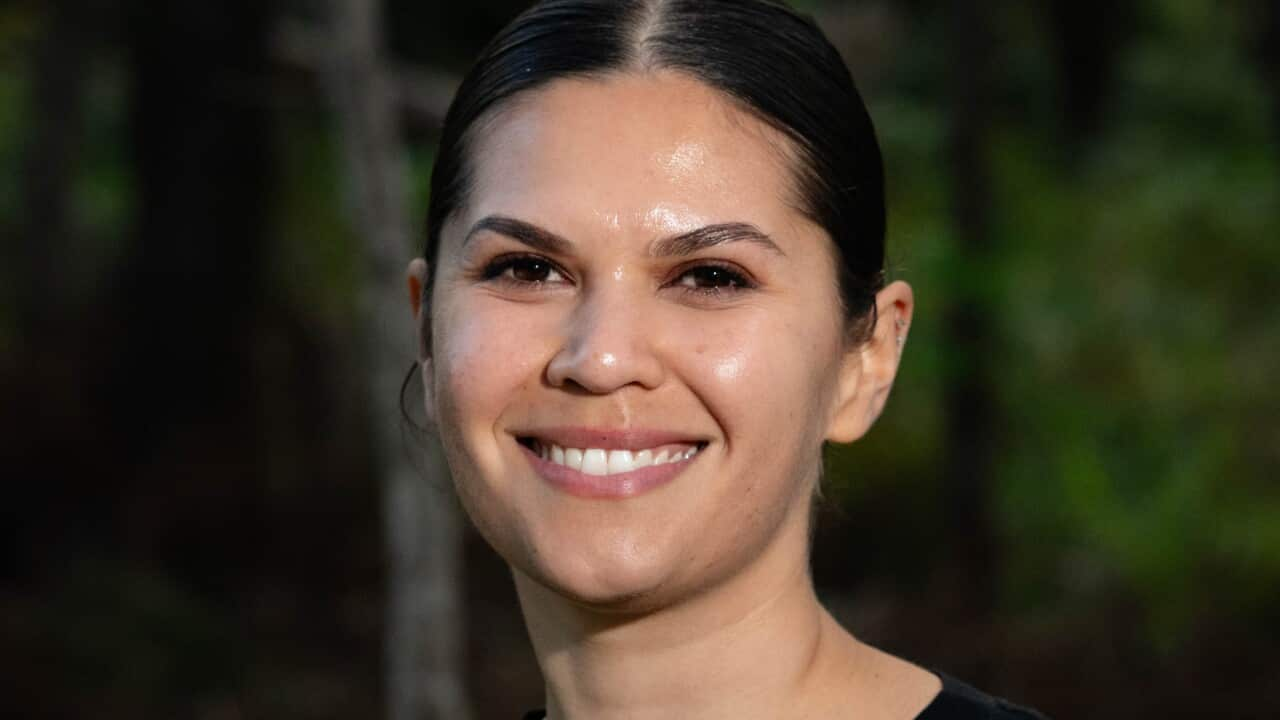Disclaimer: This article discusses Aboriginal deaths in custody, which may be upsetting for some readers. It also contains the names and images of Aboriginal people who have passed.
Four years ago, Rebecca Maher was in police custody, not because she was under arrest, not because she broke the law.
This 36 year-old mother of four was in custody because the NSW Police took it upon themselves to offer what they deem ‘a duty of care’. But once in custody, she died there.
The Police thought Rebecca was intoxicated when she was actually gravely ill and needed to go to hospital. They felt they could care for her wellbeing better than she could, better than a responsible person like her mother, and better than her accompanying friend could care for her.
But the Police failed horribly in their duty of care to Rebecca, because of their prejudices and negligence in not following police procedures.
The police took Rebecca, a Wiradjuri woman, to the cells ‘to sleep it off’, and because she wasn't under arrest - there was no obligation to contact the Custody Notification Service linked to the Aboriginal Legal Service (ALS).
Once she went in the cell they did not go in again and physically check her breathing between 1:30am and almost 6am. During these hours, she passed away. Rebecca’s death was investigated by the Coroner at Newcastle Court in April last year.
Rebecca’s death was investigated by the Coroner at Newcastle Court in April last year.

Tracey Hanshaw with Living Black's Karla Grant at Rebecca Maher's grave. Source: NITV
Everyday there was an army of Solicitors, Barristers, Queens Council and Police.
Rebecca’s mother Debbie Small would sit on her own, deep in grief. This is where I met the woman who would become my friend.
The lack of resources for grief stricken families was a shock to me. There was nothing available for this grieving mother when I met her.
I had the honour of supporting Deb Small emotionally and physically through the Coronial Inquest. I assisted with transport, meals for the family. As much as possible, I tried to ease her burden during and after the inquest.
The procedural legalities at a Coronial Inquest are so alien and complicated, usually only lawyers understand what is going on.
While many First Nations families have had to sit through this disorientating process with no court support, it really isn't fair or right.
I had to demand sandwiches and cups of tea for Deb and her adult grandson - nothing was in place for the family. Deb did not even have transport. Everyday I drove her to and from the Court, so she didn't have to spend four hours commuting on public transport. Once in Court, disgusting stories were said about Deb’s daughter in the witness box; that she was HIV+, that she was intoxicated, that she stank - implying she was dirty. None of this was true.
Once in Court, disgusting stories were said about Deb’s daughter in the witness box; that she was HIV+, that she was intoxicated, that she stank - implying she was dirty. None of this was true.

Rebecca Maher's mother Debbie Small, left, arrive at Newcastle Court for the inquest into her daughter's death. Source: AAP
It was as though Rebecca Maher, the girl who had tragically died, was on trial.
I decided, Coroners Court is not a place of compassion.
And it was up to her frail mother to navigate a way through this traumatising process in order to get justice for her beloved daughter, Rebecca.
Under oath, police revealed they had attended a conference where they had received advice on Coronial inquests. I'm guessing so they could learn the best way to explain their actions the night she died because the footage is harrowing to watch.
In the CCTV footage, one officer can be seen acting like a rock ape, mimicking Rebecca, making jokes at her expense.
The footage of Rebecca’s final six hours of life was played at the inquest, but it has been sealed by the court. The public will never see the inhumane treatment by police that Rebecca received as she lay there, dying alone.
In life, Rebecca Maher loved to smile and laugh. When she heard a funny joke her favourite saying was “tell me again”. She would want you to tell it, again and again and she would laugh just as hard as the first time you told her.
Was she treated fairly or humanely? Should someone be responsible for her death?
Rebecca Maher’s life mattered and because of her life, so many more Aboriginal lives matter too.
After the inquest into her death, the criteria changed for the Custody Notification Service - now when First Nations people are detained or arrested, Australia-wide a notification goes out to ALS. No-one will be left alone again. Hopefully, because of Rebecca’s 36 year old life, we will see less deaths in custody.
Rebecca’s mother Debbie was super proud of her only daughter and she wants everyone to know why. “Bec was a wonderful Mum” Debbie fondly recalls.
Rebecca had four beautiful babies, who are now orphaned, three are in FACS care - all are estranged from each other.
As they grow up, it's unlikely they will get to know each other. Sadly, they will miss out on knowing how much their Mum and the Maher family love them. They might also disconnect from their Aboriginal culture - who knows?
Only Rebecca's first born was raised by her, and he is now twenty two-years-old. The hurt and the pain of losing his Mum at such a young age was clearly visible during the coronial inquest. The younger siblings are now aged 10, 8 and 7. I feel this is tragic.
Rebecca was treasured by her three brothers Justin, Aaron and Christopher and they desperately miss her.
It surprises me that people wonder why Aboriginal people suffer so much trans-generational trauma.
Bec’s favourite song was by Celine Dion, from the movie Titanic "My Heart Will Go On".
You know what Rebecca, your heart will go on and on, and it will go on because every Indigenous life in custody has an extra ring of safety around them because of you.
To our beloved Wiradjuri warrior, on the fourth anniversary of your passing on the 19th July, long may you rest in peace.
Tracey Hanshaw is a law student and the founder of providing community support to Aboriginal Community Justice Groups, Juvenile Justice, Sentencing Intervention, Alternative Sentencing Programs, Community Services support, Cell Support, Court Support, Prison Support, Community Transition and Probation and Parole support.
To hear more about these issues tune into Living Black: Aboriginal Lives Matter on SBS On Demand:














